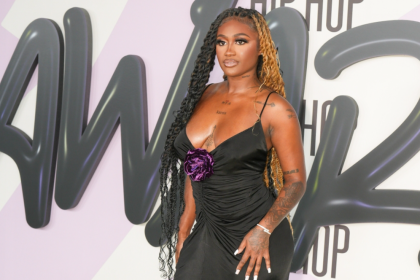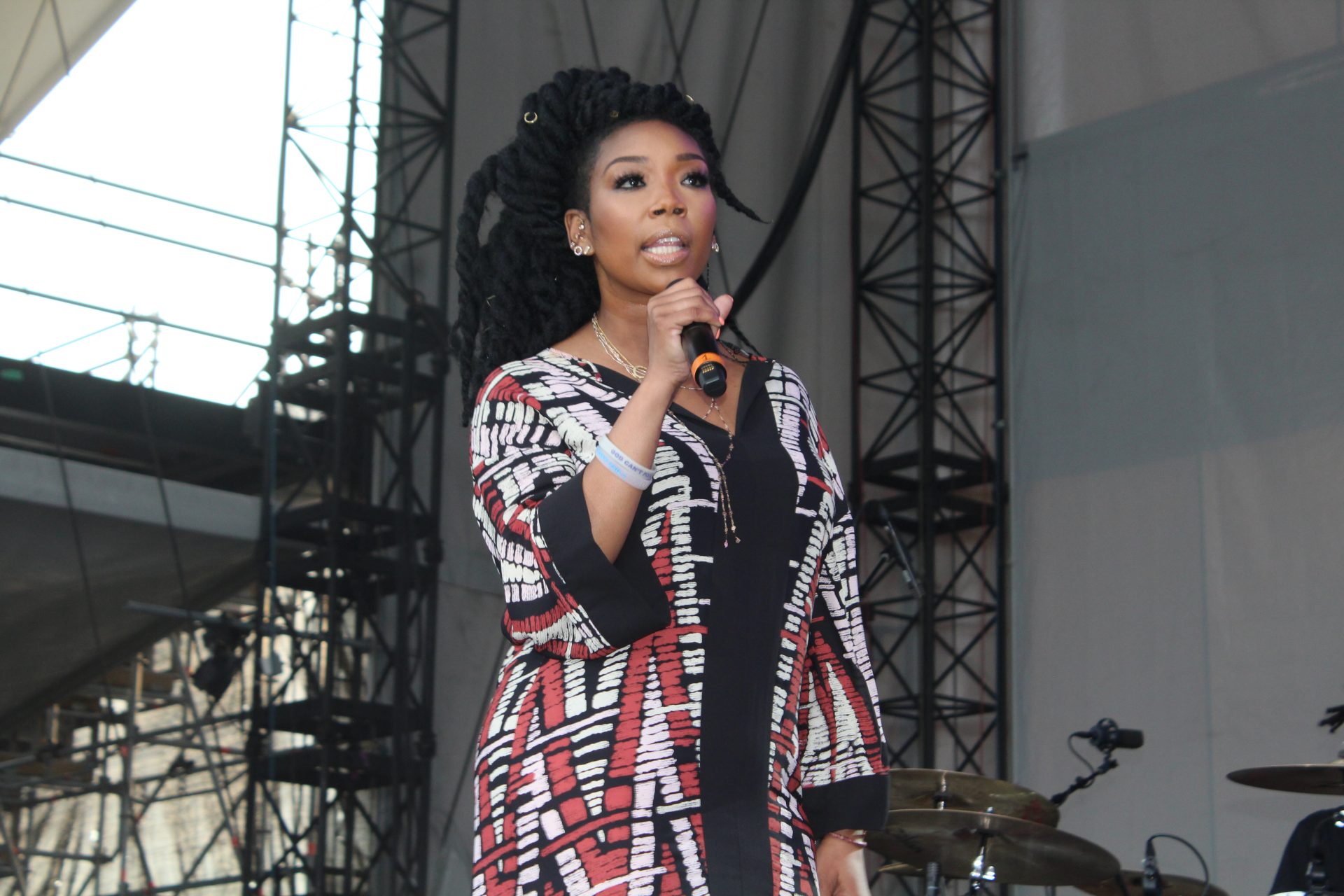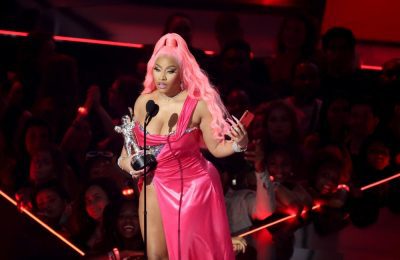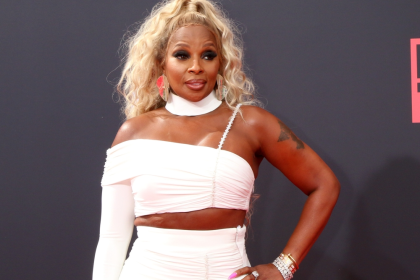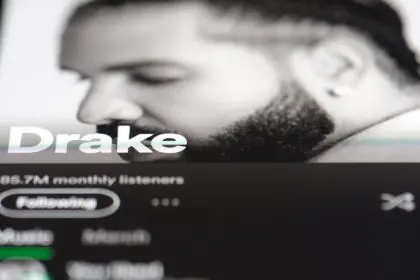Drake vs. Meek Mill continues to rage on with Drizzy looking more and more like the victor each day as Meek issues response after response to yawns and scoffs from the general public. It’s become this year’s most talked-about rap beef, eclipsing even Lil Wayne vs. Cash Money in headline-grabbing moments. Since Meek Mill recklessly accused Drake of ghostwriting via Twitter in mid-July, the two have been going back-and-forth with diss tracks, Twitter and Instagram posts and onstage antics. This is healthy gamesmanship thus far and it makes for good Facebook conversations, but in watching this feud unfold it’s become clear just how much hip-hop feuds have changed in the fast-paced media landscape of the 2010s.
These aren’t your granddaddy’s rap beefs.
This isn’t the 1980s when hip-hop beefs played out on singles and b-sides that were often released with weeks or months in-between. This isn’t the 1990s when hip-hop beefs only made rap mag headlines and fodder for morning radio shows. Today, rap beefs explode onto pop culture from every angle. Because of social media and the Web’s insatiable appetite for click-bait content, when a high profile rapper is feuding with a rival, it has everyone’s attention from VladTV to the New York Times — and Twitter and Instagram. Meek Mill and Drake aren’t just battling each other; they’re battling an informed, scrutinizing and participatory public.
When Drake performed his Meek dissing tracks “Charge It Up” and “Back To Back” at OVO Fest last weekend, he did so with a projection of Meek-mocking memes from the Web on the screen behind him. Those memes were fan-created, fans who piled on the Philadelphia rapper after Drake’s songs debuted. Those memes and subsequent Twitter hashtags are as much a part of what Meek has to defeat as Drake himself; you have to beat back all of the insults and spoofs that fans will create of their own free will while your opponent trashes you via diss tracks. It’s not as simple as mano y mano anymore.
Social media has also armed rappers’ fanbases. Now, Nicki Minaj doesn’t necessarily have to respond to a Lil Kim diss in the way that Foxy Brown would’ve had to in 1997. Today, Nicki’s “Barbz” can swoop in and rip Kim apart on Twitter–turning her into comedic hashtags and goofy memes–without Nicki having to step into the booth at all. While Kim released actual songs directly aimed at Minaj like 2014’s “Identity Theft” and her “Flawless (remix)” freestyle, Nicki has limited her disses to some sly references on a few tracks and in awards show speeches. “This is for everyone in this room,” Nicki said as she accepted the Coca-Cola Viewer’s Choice Award at this year’s BET Awards. “I want to tell you to please make it your business to follow your dreams because one day you will look around and your dream will be gone and you will be mad at somebody. But be mad at your g–d—self.” Nicki “won” the feud in the court of public opinion without ever really going in on the Queen Bee. That’s because of Nicki’s fanbase and because social media hasn’t taken Kim seriously in years. You don’t even have to fight to win anymore.
In the wake of Kendrick Lamar’s eye-popping verse on Big Sean’s “Control” in 2013, dozens of rappers issued responses that varied from solid to irrelevant. But none eclipsed Lamar’s actual verse because none generated the kind of response he’d gotten from Twitter and Facebook when “Control” was released. What many assumed was going to result in a watershed moment in hip-hop, with artists reinvigorated by one of the game’s best calling them out, turned into a victory lap for Lamar because he’d already made the moment undeniably his.
Hip-hop battles are still mostly predicated on two emcees sparring. You can’t ever get away from the genre’s core competitiveness. But there is no longer room for a rapper to wait to respond to a rival, nor is there space for that response to linger in the public’s consciousness. The people aren’t just spectators anymore. If you drop a wack track, you won’t just hear about it at the park or in the barbershop–you’re going to be ripped apart in public spaces all over the media landscape. And once that begins to happen, as Meek Mill is finding out right now, there isn’t much that you can do to stop the train. The people have always decided who wins or loses in rap battles after-the-fact; the difference is now they can actively shape the way the battle itself ends. Your audience is actually in the ring with you.
You’d better come out swinging.


